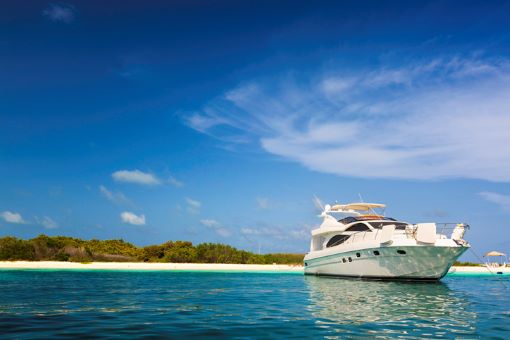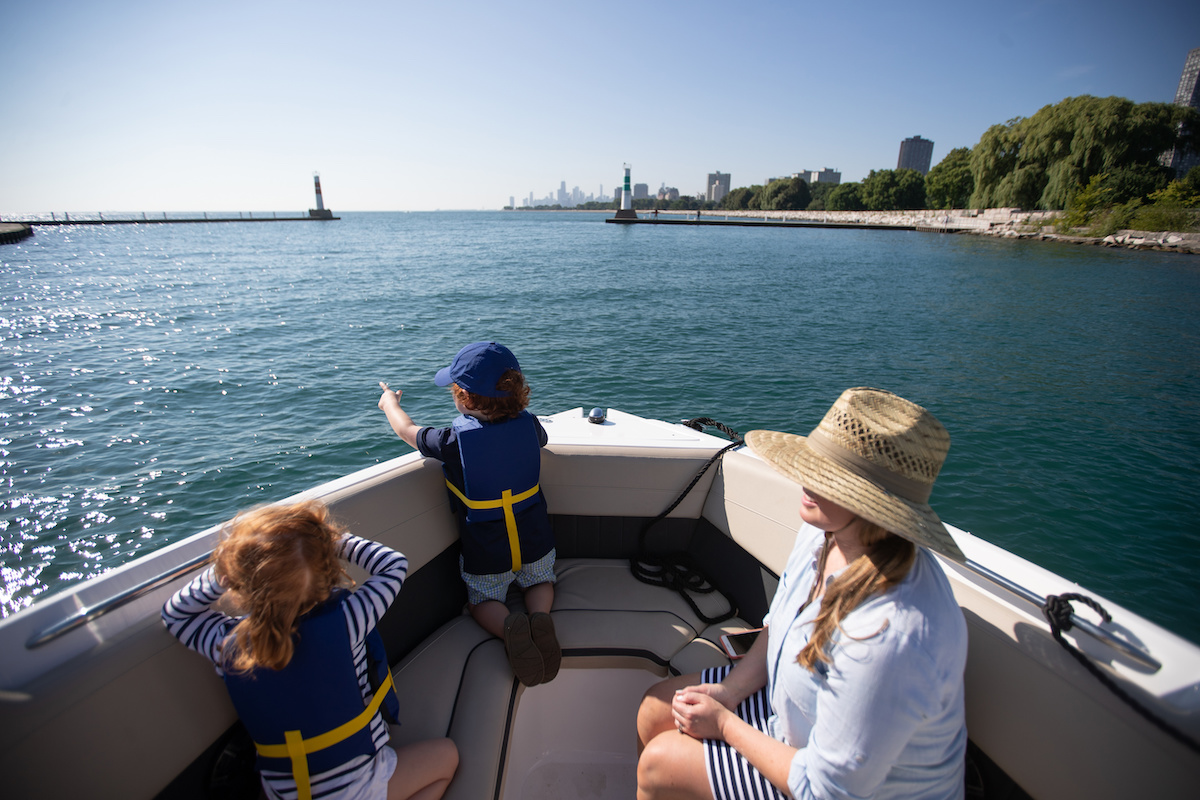Boating is an enjoyable and rewarding activity that allows us to explore the beauty of our coastlines and waterways. However, as boaters, we are also responsible for protecting the environment we enjoy. Shoreline protection is an essential aspect of this responsibility, and there are several ways we can be responsible boaters and protect the shoreline.
But how does a responsible boater protect the shoreline? This blog post will discuss shoreline protection methods and offer a list of best practices for responsible boaters.
Whether you are an experienced boater or a beginner, these tips will help you protect the shoreline and preserve the environment for future generations.
9 Shoreline Protection Tips
#1: Follow No-Wake Zones
Traveling through no-wake zones can be both beneficial and necessary to protect our shorelines. Boaters must operate their vessels at a low speed, typically noted with signs, buoys, or other markers. By following the guidelines of these areas, we ensure that damaging wakes never reach our beloved coastlines.
As a responsible boater recognizing shoreline protection methods, you should always follow no-wake zones to prevent shoreline erosion and protect the habitats of marine life. When approaching a no-wake zone, reduce your speed and operate your boat at a safe and steady pace.
#2: Anchor in Designated Areas
Suppose you anchor in a spot not designated for such activity. In that case, it can cause irreversible damage to the shoreline, particularly in places that are home to delicate marine life and foliage.
To ensure this doesn't occur, follow these tips:
-
Only drop your anchor in areas allocated explicitly for anchoring.
-
Remember never to drag your anchor along the bottom or near coral reefs or seagrass beds.
-
Check out our guide on anchoring for more info.
#3: Properly Dispose of Trash
Protecting our shorelines starts with properly disposing of trash. As a boater, bring an extra bag for your garbage and dispose of it ashore. Never throw rubbish into the sea! It doesn't only damage marine life but can also end up onshore, making pollution prevention essential.
#4: Use Eco-Friendly Cleaning Products
As you clean your boat, it is paramount to use eco-friendly cleaning products. Standard cleaners may contain unsavory chemicals that can damage the aquatic environment and nearby shores.
Utilize only products labeled as green to scrub down your boat for a cleaner experience with minimal impact on Mother Nature. If you don't want to use cleaning products, rinse with clean, fresh water and a soft brush.
#5: Respect Wildlife and their Habitat
As boaters, it's our responsibility to share the water with all sorts of wildlife, like birds, fish, and marine mammals.
For this reason, we shouldn't disturb them while in their habitat by keeping a safe distance away from them and avoiding feeding at any cost, as that could endanger their well-being or change their natural behavior in an unhealthy manner. Never get too close to them, and always keep your noise level down.
#6: Practice Safe Fueling
To ensure that your vessel's fueling process is eco-friendly, you should fuel up in designated areas and use a spill containment device. If an accidental fuel spill does occur, absorbent materials must be used to clean up the area immediately.
Taking this precaution will help protect the environment and preserve our waterways for generations to come.
Read Next: Our Guide to Fueling 101
#7: Be Mindful of Propellers
You must remain attentive to the potential issues that can arise from boat propellers. Not only could they cause severe damage to the shoreline and marine life, but having a faulty or poorly maintained prop increases those chances exponentially.
So ensure your equipment is in good working order before leaving port, and avoid shallow areas populated by sea creatures when possible.
#8: Participate in Beach Cleanups
Doing your part for the environment has never been simpler than with beach cleanups! Organizations and local governments regularly host events to help keep our shorelines pristine, and it's easy for boaters to chip in.
Whether you're collecting debris from land or sea, this is a wonderful way to give back while safeguarding our coastlines.
#9: Spread the Word
The most effective way to ensure shoreline protection is by educating others. Encourage your boating network to practice these methods and share the importance of preserving our coastlines.
This can be accomplished through online channels, community meetings, or simply having conversations with family and friends about how we can all work together to protect our shores.
Final Thoughts
In conclusion, when it comes to protecting our coastlines, boaters play a critical role. By following the safeguards discussed above, we can help preserve our shorelines for years to come and ensure a safe and enjoyable watersport experience for all!
If you're wondering where to start boating in your area, check our website to find local boat rentals near you!

